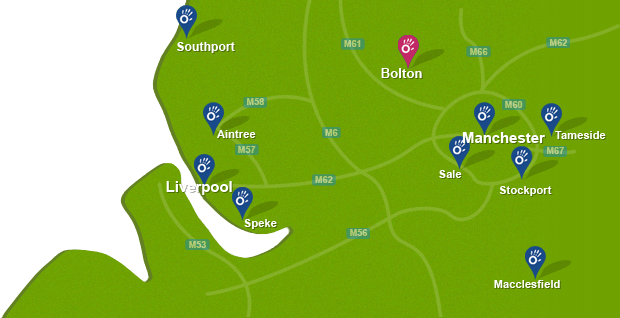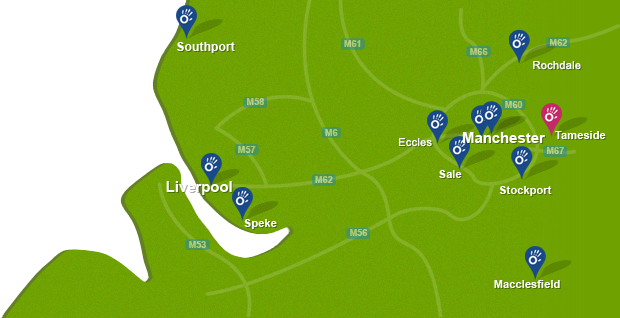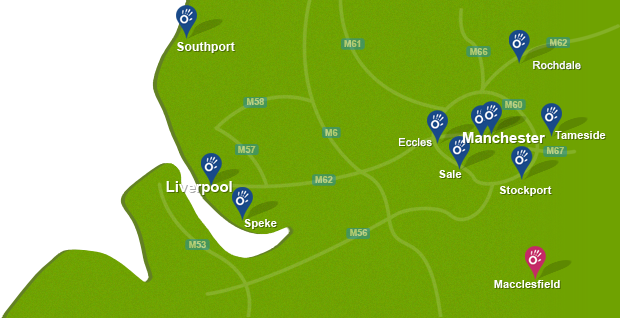 Above: Fibromyalgia can affect anyone however education and support from our staff can provide you with support you need to take control of your condition.
Above: Fibromyalgia can affect anyone however education and support from our staff can provide you with support you need to take control of your condition.What is Fibromyaligia?
Fibromyalgia is a complex problem that means that the person experiences a great deal of pain and also significant sleep disturbance, tiredness and fatigue. Latest research highlights the role played by changes in the brain and Central Nervous System (CNS) that make all the various areas of the body hypersensitive and painful. The role of stress and lifestyle factors that contribute both to the pain and fatigue of the condition are also recognised as important.
What are the syptoms of Fibromyaligia?
The symptoms of fibromyalgia vary from person to person but are likely to include:
- Widespread pain
- Sensitivity to touch and light
- Muscle stiffness and spasms
- Headaches
- Cognitive problems – concentration and memory
- Abdominal/Bowel problems (IBS)
- Low mood/anxiety
- Temperature problems (hot/cold)
- Tingling/burning sensations in hands/feet
- Tinnitus
What Causes Fibromyaligia?
There is no known cause for Fibromyalgia but it is thought that it is a combination of genetic, psychological, emotional, environmental and lifestyle factors that influence the body and brain over time. These include changes in the thoughts, emotions and physical behaviours of the person with Fibromyalgia and care caused by the brain and body’s response to stress factors, illness and physical demands. It is a complex interaction and is difficult to treat successfully.
What problems caused by Fibromyaligia can physiotherapy help with?
Physiotherapy can help with a lot of the symptoms of Fibromyalgia as long as a holistic assessment and treatment approach is undertaken that respects the complexity involved. This includes improving mood, decreasing fear and stress, increasing confidence, addressing deconditioned tissues and stiffness, improving fitness and function, improving sleep patterns and decreasing sensitivity. By exposing the brain and Central Nervous System (CNS) system to normal movement in a gentle way and helping people think, feel and behave differently it is possible to deal with the complex symptoms of Fibromyalgia, reduce stress and help build coping strategies. This means that all of the symptoms of Fibromyalgia can be desensitised very gradually over time.
How is Fibromyalgia diagnosed?
There is no simple diagnostic test for Fibromyalgia. A diagnosis is normally made by taking a good subjective history of the symptoms, which should include pain on both sides of the body. Fibromyalgia pains would usually involve body areas that are both above and below the waist and also specific tender points being identified. Having at least 11 of 18 potential tender points usually contributes to the diagnosis being that of Fibromyalgia, with symptoms having lasted for at least 3-6 months in duration. Normally a significant amount of fatigue and sleep disruption would also be present.
How does physiotherapy help someone with Fibromyalgia?
An experienced holistic physiotherapist is well placed to help and support the person with Fibromyalgia. By analysing all the contributing factors to the problems experienced it is possible to draw up a treatment plan that deals with the complexity of the condition and promotes:
- Reducing fear
- Increased confidence
- Increased flexibility
- Increased movement
- Enhanced sleep quality
- Improved mood
- Pacing skills so more activity can be undertaken over time without exacerbating pain and fatigue
What would physiotherapy treatment for Fibromyalgia involve?
Physiotherapy treatment for Fibromyalgia includes:
- Increasing Understanding of the Pain System
- Graded Exposure to Normal Movement
- Exercise
Increased Understanding of the Pain System
Research has shown that developing an increased understanding of how pain systems work helps people to reduce their fears which are significant barriers to regaining normal movement. The more that we understand about why things hurt, the less anxious and threatened we feel and the less the pain system becomes sensitive. At Manchester Physio, we understand that explaining pain is very important to support recovery.
Graded Exposure to Normal Movement
Your physiotherapist will help you to gradually expose the Central Nervous System/Pain System to normal movement. This will help to retrain that system to be less sensitive during future activity. As the Central Nervous System will have become sensitive in chronic pain, it is important that normal and harmless movement is restored. This can only be done successfully in a very gradual and graded way and a step by step approach to reintroducing normal movement will be undertaken.
Exercise
Exercise helps to lift mood, recondition tissue, improve flexibility and promotes functional physical activity. Normal function requires movement and so exercise will be used in a gentle way to remind the central nervous system that exercise, movement and function are all essential parts of life and should not be reacted to quite so protectively. Your physiotherapist will show you a gentle approach to stretching, strengthening and typical movement patterns.
Summary
Chronic Low Back Pain is a generic term for pain in the lumbar spine that has been experienced for at least 3 to 6 months. Research has shown that the most effective treatments for Chronic Low Back Pain involve retraining the Central Nervous System/Pain System itself. Your experience physiotherapist will help you to do this through a variety of approaches including exercise and graded exposure to normal activity levels in combination with fear reduction.
If you would like to find out more about how our therapists reduce the pain and fatigue caused by fibromyalgia please contact Manchester Physio now on 0161 833 0077 or email office@manchesterphysio.co.uk.



 0161 883 0077
0161 883 0077






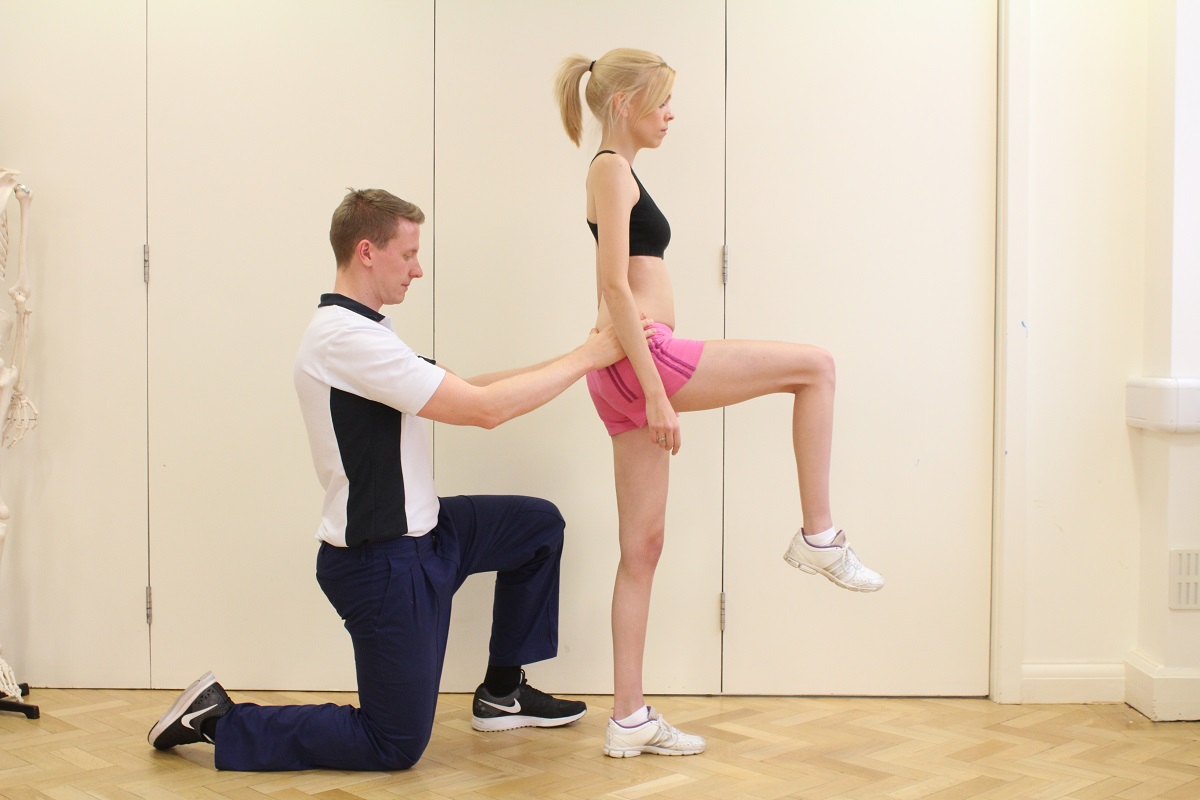

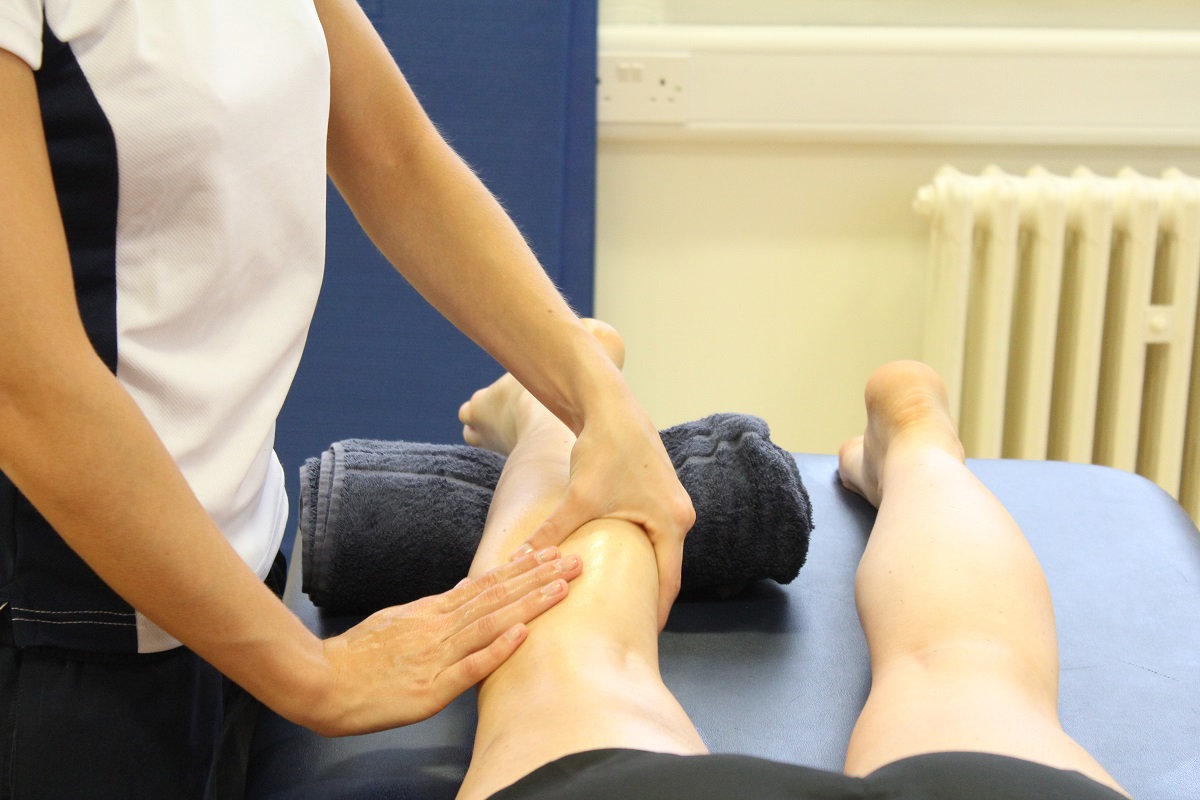



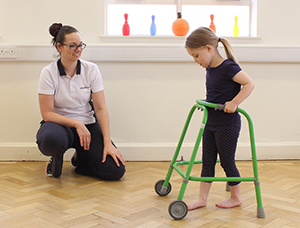
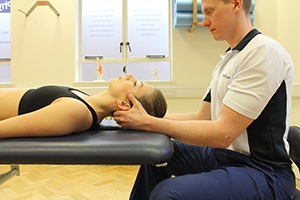






























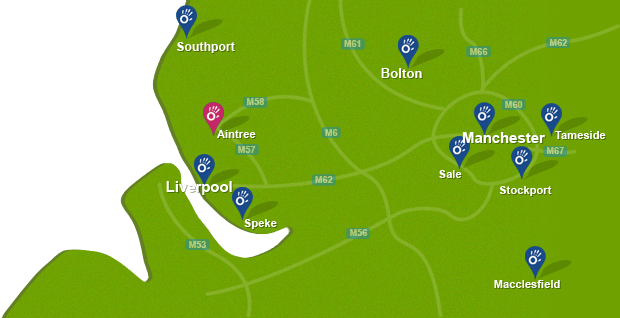

 f
f
